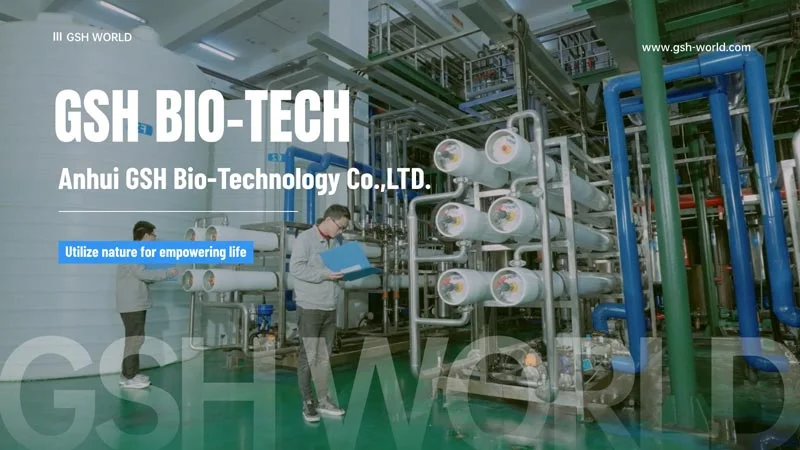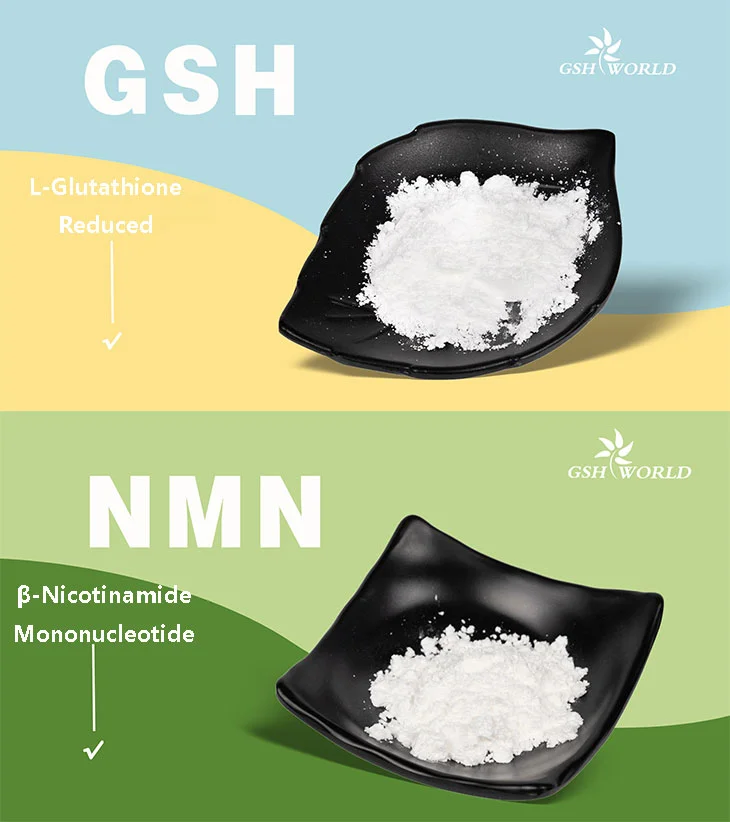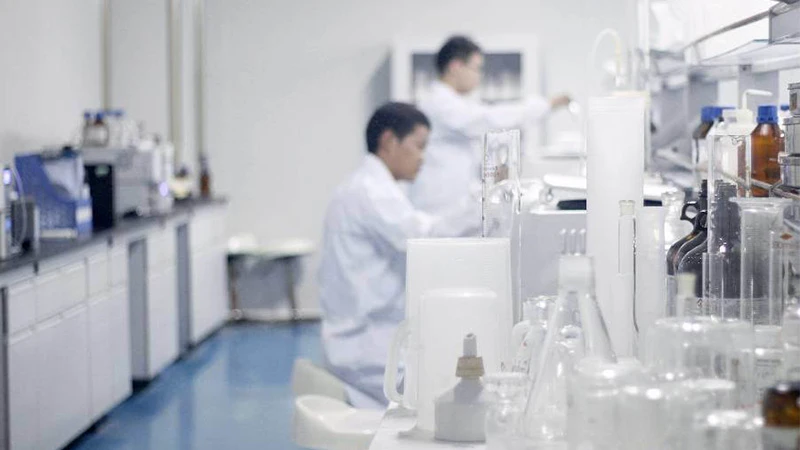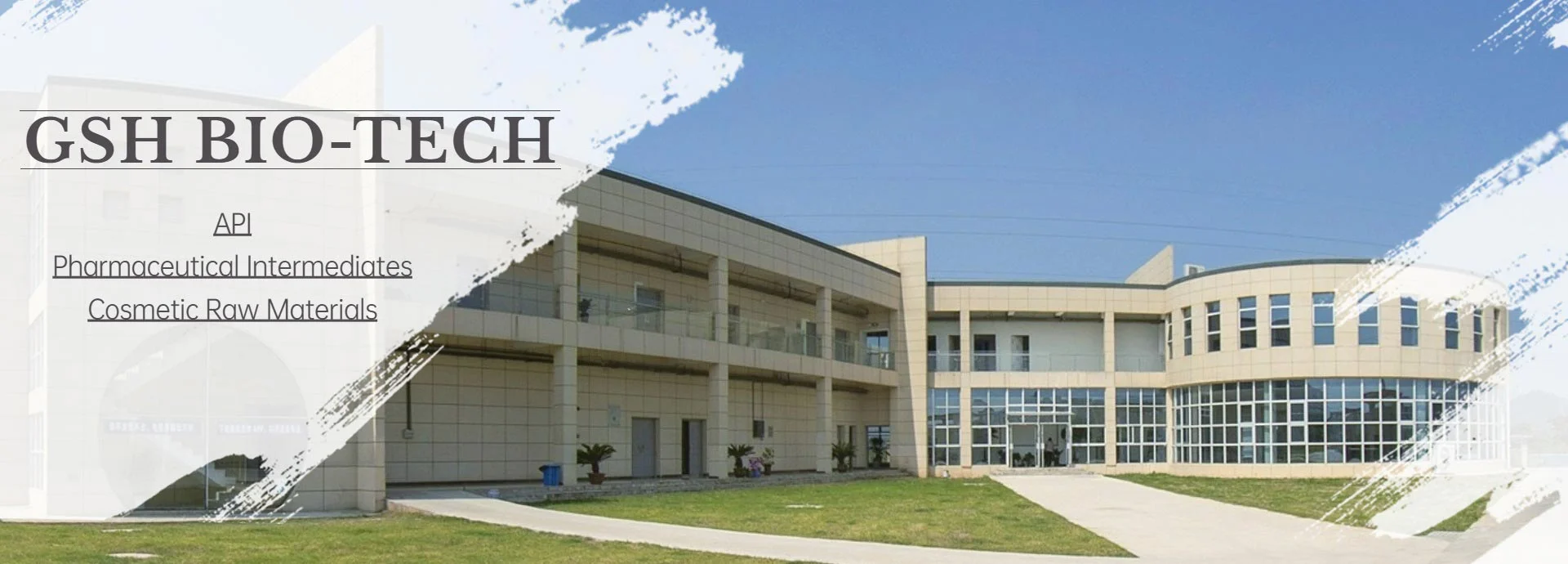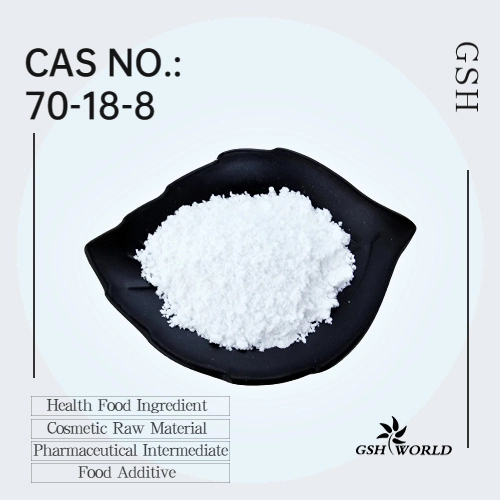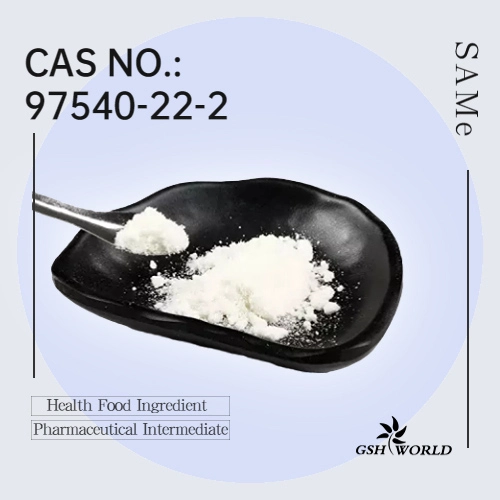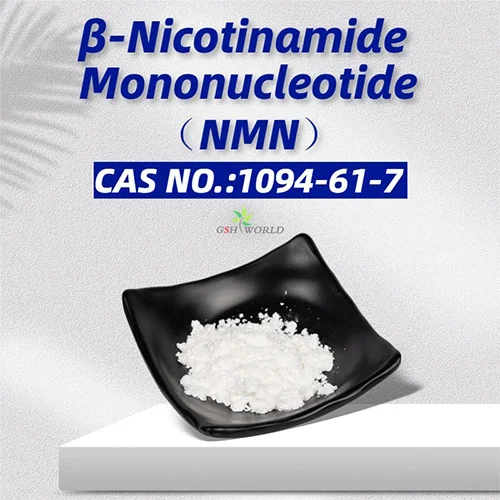What is the difference between NMN and NR?
β-Nicotinamide Mononucleotide (NMN) is a precursor substance that can be used by the human body and converted into NAD+. It also belongs to the category of vitamin B derivatives. This substance plays a wide range of roles in the human body, participates in multiple biochemical reactions, and is closely related to immune and metabolic functions. It plays an important role in human health. It can improve the body's energy level and antioxidant capacity, promote metabolism and improve immunity.
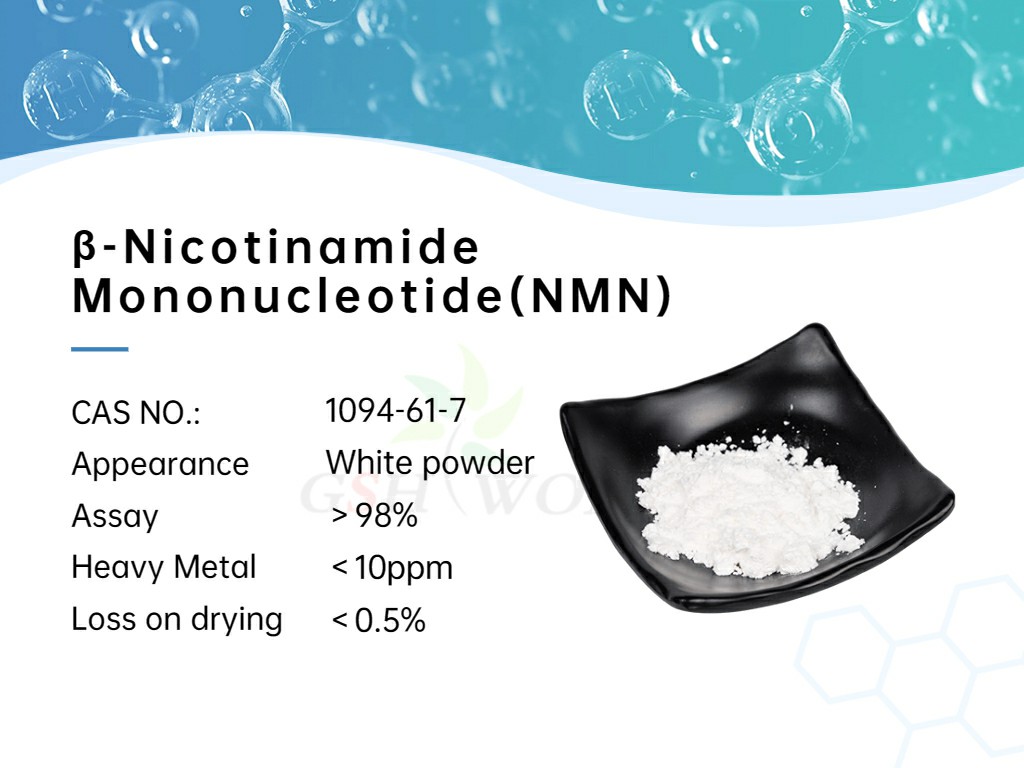
So, as the precursor of NAD+, what is the difference between NMN and NR?
NR is mainly derived from foods such as milk and brewer's yeast, while NMN is widely found in foods such as tomatoes and wine. In terms of absorption mode, both NR and NMN are absorbed orally. However, they have significant differences in stability, transformation pathways, and transformation efficiency.
In mammalian and human studies, scientific data have confirmed that NR is highly unstable and prone to rapid degradation into conventional vitamin B3. This results in NR that is downgraded to B3 only through the enzymatic rate-limited de novo pathway and is unable to increase NAD+ levels above baseline.
And β-nicotinamide mononucleotide (NMN) is highly stable in the body, thereby better taking advantage of unrestricted rescue pathways and enabling NAD+ levels to be significantly higher than baseline. In addition, β-nicotinamide mononucleotide (NMN) is more stable than NR in terms of chemical and physical properties, and β-nicotinamide mononucleotide (NMN) powder at room temperature is stable and can be transported and stored for a long time.
β-Nicotinamide mononucleotide (NMN) is the direct precursor of NAD+, which can be easily converted directly into NAD+ by NMNAT enzyme.
NR is the indirect precursor of NAD+. The synthesis of NAD+ from NR needs to follow two pathways: 1. NR must first be phosphorylated and converted into β-nicotinamide mononucleotide (NMN), and then converted into NAD+. 2. NR must pass through five step pathway to achieve NAD+ synthesis.
One human study showed that NR levels in whole blood peaked around 3 hours after taking a 1000mg dose of NR. Therefore, it may take 2-3 hours for NR to be absorbed through the intestines, or some NR is degraded to nicotinamide before being converted to beta-nicotinamide mononucleotide (NMN). From this point of view, beta-nicotinamide mononucleotide (NMN) can be absorbed through the intestines in a few minutes, while NR may take about 3 hours.
Therefore, relatively speaking, NMN has more advantages than NR and is the best choice to increase NAD+ levels.
*Special note - This article is for informational purposes only and cannot replace a doctor's treatment diagnosis and advice. It should not be regarded as a recommendation or proof of efficacy of the medical products involved. If it involves disease diagnosis, treatment, and rehabilitation, please be sure to go to a professional medical institution to seek professional advice.
by GSHWORLD
GSHWORLD is China Biological API Manufacturer. China NMN Supplements powder suppliers & best NMN benefits raw material Factory.

